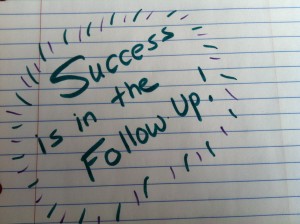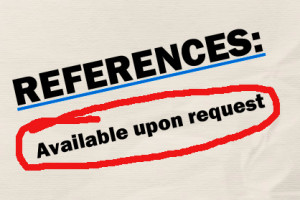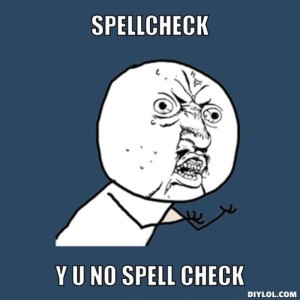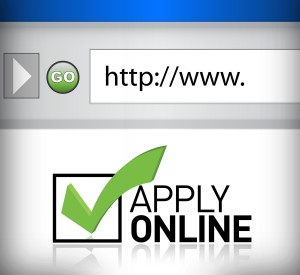 What is the right response to people when they tell you about a problem they are having or may have in the future? There is an argument that “so what” may be the best response. Not the demeaning “So What?!” that we have heard throughout our lives but the caring “so what” that spurs people on to make decisions and not wallow in their situation. We need to learn to do the same thing to ourselves.
What is the right response to people when they tell you about a problem they are having or may have in the future? There is an argument that “so what” may be the best response. Not the demeaning “So What?!” that we have heard throughout our lives but the caring “so what” that spurs people on to make decisions and not wallow in their situation. We need to learn to do the same thing to ourselves.
Yes, there is a season for everything but guess what… seasons change. We need to lovingly ask others and ourselves “so what” when negative self-defeating thoughts enter our minds. TED Radio Hour’s Headspace talks about this. There is another Podcast that is a shining example of how expectations shape us: How to Become Batman. It seems that blind people can’t “see” because of everyone’s expectations of them, not because their eyes don’t work. You see, when people told Daniel Kish and his mother that he was blind they said… so what.
I tell you this because you might be down in the dumps right now. You just spent 30 minutes working on your resume to submit it for a job posting and no one may ever see it. So what. You need to make things happen. You need a kinetic job search, not a passive one. I will talk about that more tomorrow.
Al
Don’t wait until everything is just right. It will never be perfect. There will always be challenges, obstacles and less than perfect conditions. So what. Get started now. With each step you take, you will grow stronger and stronger, more and more skilled, more and more self-confident and more and more successful.
Mark Victor Hansen







